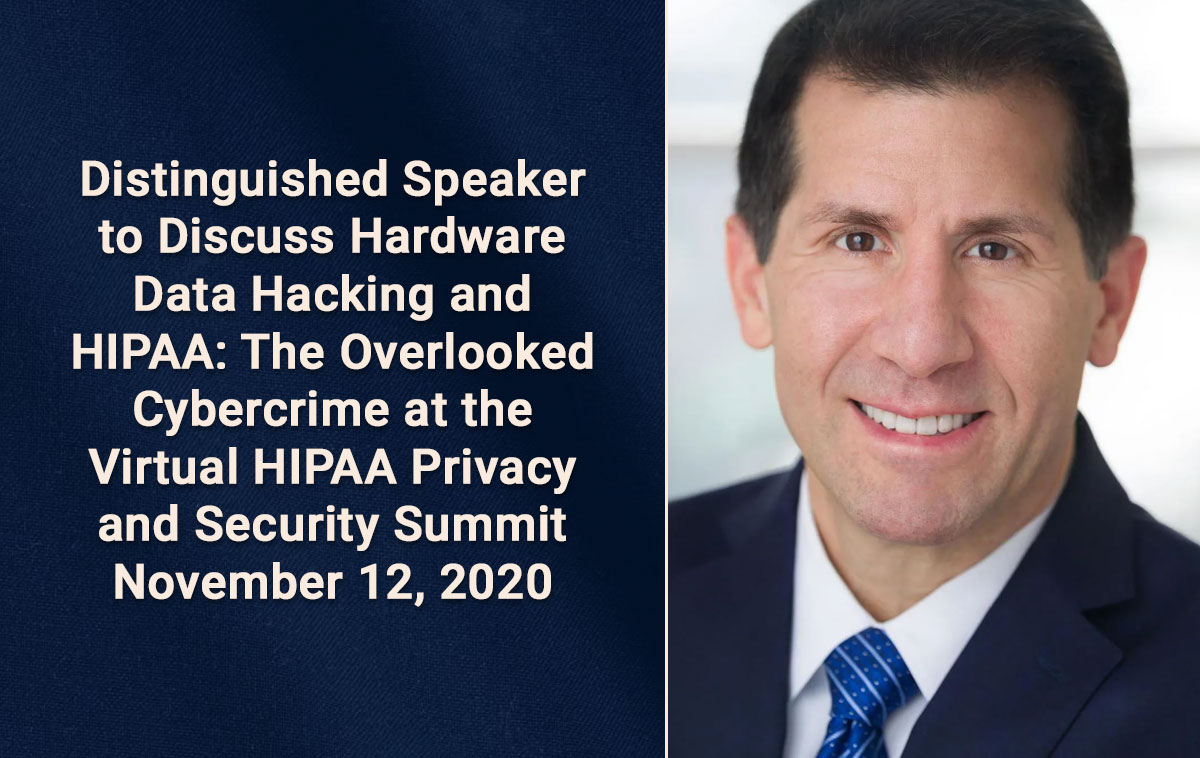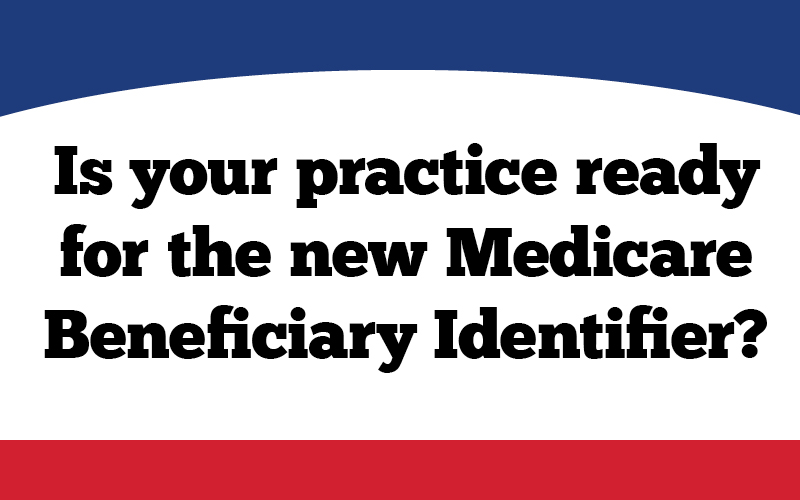Protecting Your Practice is Smart Business
Doctors playing defense
The government cites defensive medicine as a factor in the escalation of health care costs. However, a recent study indicates that 73% of physicians engage in some form of defensive medicine. The payers’ perception of defensive medicine is negative, but the providers’ view it as a necessary evil in today’s environment. Medical malpractice is something doctors fear and for good reason. The judgments and settlements in malpractice cases often reach astounding figures that make the cost of an extra test seem miniscule.
Unseen risks
Unfortunately, many physicians have not yet recognized the imminent risks posed to the business side of medical practices through implementation of fines and penalties. As part of the Affordable Care Act the government has formed a new task force and taken a return on investment approach to the fraud and abuse program. During the past three years HHS has recovered unprecedented amounts of money. The final number for 2012 was 4.2 billion dollars.
Why physicians should be concerned
The widening gap between government expectations and reality should be a cause for great concern among practitioners. Serving as a deterrent for false claims, the fraud and abuse enforcement program is a successful revenue generator for the federal government. Although the goal of identifying and prosecuting criminals and fraudsters is obviously a good one, current audit procedures can severely constrain finances of a practice attempting a defense.
A compliance program can help.
Generally, a comprehensive compliance program provides measures to detect, prevent and deter wrongdoing. These programs mitigate risks by detecting problems internally while they are still small and manageable. The Affordable Care Act mandates compliance programs for all health care providers enrolled in Medicare and Medicaid. Although healthcare is one of the most highly regulated industries in the United States, many doctors remain complacent. It is ironic that physicians are reluctant to begin mandated compliance programs, or that they need to be mandated at all, because an effective compliance program is one known method of protection in the current climate. The only logical explanations for reluctance to take action include inadequate resources and lack of awareness among busy medical professionals.





